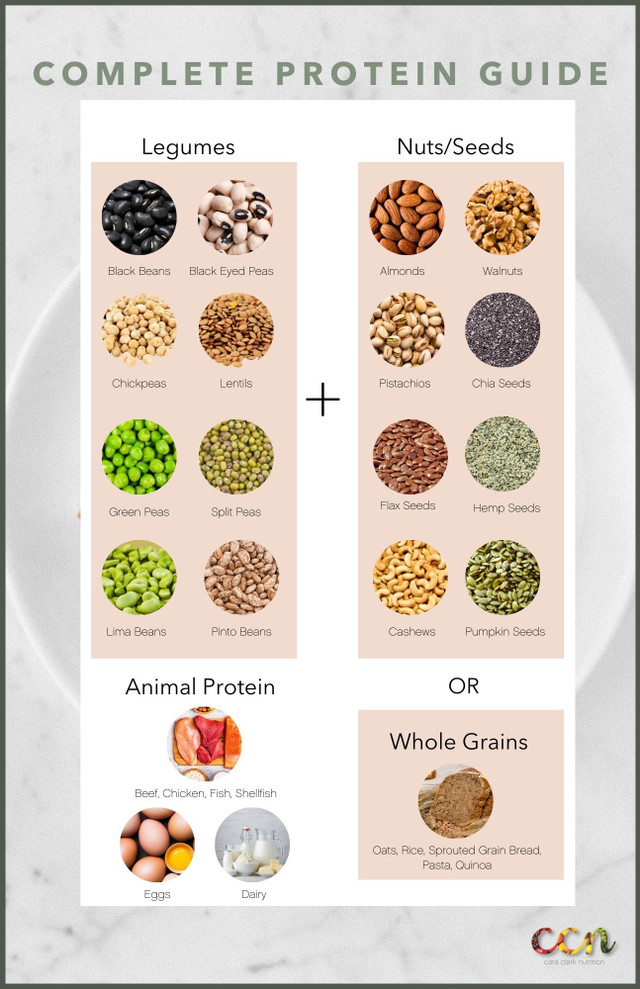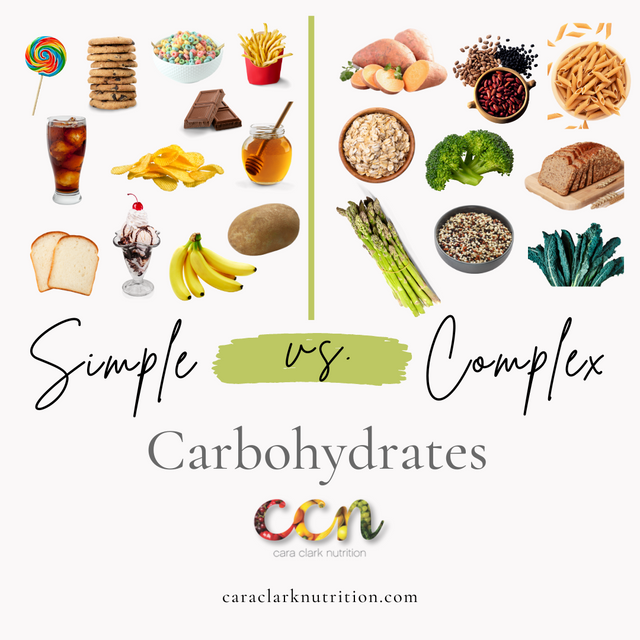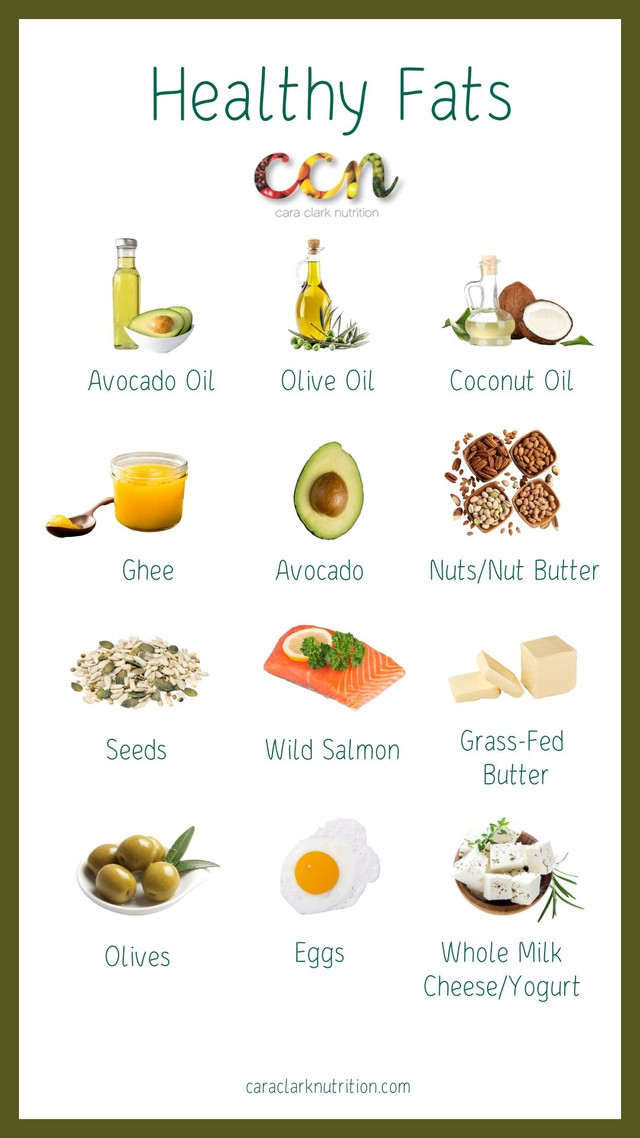
Part 4: Protein
Protein. Everyone’s favorite macronutrient! We figured we would wrap up our series with the good guy – The one that’s never had a bad reputation!

Welcome back to our Macros series! Missed Part 1? Check it out HERE. Today, let’s start with carbs.. our most misunderstood macronutrient. Before I get into what carbohydrates do for us, I wanted you to understand how food works for us.
It works on many different levels in our bodies:
Chemical level – this is the energy in our bodies, in the form of ATP (adenosine triphosphate), which is transferred from the food we eat to our cells.
Cellular level – Enzymes directly synthesized from our food, our environment, and regular exercise help to enhance the fat burning capacity of the body.
Organ level – I talk about this one a lot because I feel like it’s more commonly understood than the biochemical levels. Our food and exercise directly affects the output of LDL and HDL cholesterol and regulatory hormones secreted.
Systemic level – Take the muscular system for example . The food we eat, how much or how little, how we combine it, and our type, duration, and frequency of exercise directly influences potential strength, speed, even how well you are able to recover.
Organism Level – Efficient neurotransmitter synthesis, like amino acids being utilized in our bodies are directly influenced by the food we eat and our exercise output. This includes the oxygen and blood flow resulting from regular cardiovascular exercise, which can directly impact our nervous system.
Not to be dramatic, but understanding basic science really helps us to make rational eating decisions. When you eat to run your body optimally, you will literally change the trajectory of your life!
The reason I address this in reference to carbohydrates is because we are so quick to cancel an entire food group based on trendy diets. I would love to get you all focused on your whole body and overall well being all the time, instead of what will get you quick weight loss.
Carbohydrates are the body’s most preferred source of immediate energy. They are not only the source of energy for us to feel, but also for ALL metabolic functions and anaerobic muscular exertions. They are necessary for digestion and absorption of healthy fats. Not only do they aid in the digestion and absorption of healthy fats, but they are required to open the metabolic pathway for burning stored fat.
It’s been mentioned that carbohydrates are a fire that burns the metabolic fuel of stored fat. This is again from a systemic level in our metabolism. In order for fatty acid oxidation to take place at a constant and steady state, Krebs Cycle (Krebs cycle is a series of reactions used by all living organisms to release stored energy through oxidation) intermediates and compounds must be readily available. Pyruvic acid, which is derived from the breakdown of carbs, plays an integral role in the production of the Krebs cycle. See where I’m going with this? The depletion of carbs reduces the concentration of pyruvic acid in the muscles. This can lead to protein degradation (quite literally, the breakdown of muscle tissue for fuel in the absence of carbohydrates) and restricts the fat burning process because the number of Krebs cycle intermediates is lowered. When the rate of glycolysis is reduced, so is the rate of protein synthesis, fatty acid oxidation and for you guys to really tune in here…corresponding fat loss.
Now that I have you believing that much of our calories should come from carbs, let’s talk about what kinds of carbs will do the best work for us.
Carbs can be characterized as sugars, starches or cellulose. Simple sugars, like those found in fruit, honey and maple syrup are easily digested by the body, just like disaccharides maltose and sucrose (table sugar). Starches, which you will be learning more about in our Wellness Remodel Challenge, require prolonged enzymatic action in order to be broken down and converted to glucose for metabolic use. This is one reason they help to fill you up longer…because of the time and effort it takes to break them down. Once in the bloodstream, a large portion of glucose is stored in the brain, blood and nervous system. Excess glucose is converted to glycogen and stored in the muscles for immediate use (like for a workout) and liver for longer term storage. Any remaining excess glucose is converted to fat and stored throughout the body in your adipose tissue (hello weight gain). This is why it’s so important to choose carbs that work for you and come from nature, both in form of complex carbohydrates and simple carbohydrates (which are different based on their length of sugar molecule). It’s important to note BOTH can work well for our systematic needs.

I began my career as a way to heal my own body and give me the energy to seek the life I was called to live.
Now, as an integrative nutritionist and wellness educator, I help people nurture their bodies through a non-dieting approach to food and the beautiful connections between physical wellness, mental and emotional health, and spirituality that have taken my own life to the next level.
We host seasonal nutrition challenges 4 - 5 times per year. Want in on the next one?
Drop your info below!

Protein. Everyone’s favorite macronutrient! We figured we would wrap up our series with the good guy – The one that’s never had a bad reputation!

Part 3: Fats Check our Part 1 and Part 2 of our “Macros” blog series if you missed them before we dive into all things fat! Listen and remember.

If macros still seem like French to you, let me break it down simply in our macronutrient blog series…the word “macronutrient” means any nutrient that

Ashlee here! We get asked multiple times every challenge, how do we eat the CCN way when traveling? Today I’m going to tell you how
5 Free Weeknight Recipes Your Whole Family Will LOVE! Delicious and Nutritious meals that will satisfy your health goals AND the picky eaters around your dinner table!


5 Free Weeknight Recipes Your Whole Family Will LOVE! Delicious and Nutritious meals that will satisfy your health goals AND the picky eaters around your dinner table!
COPYRIGHT © CARA CLARK NUTRITION
DESIGN BY BRIDGETBAKERBRANDING.COM